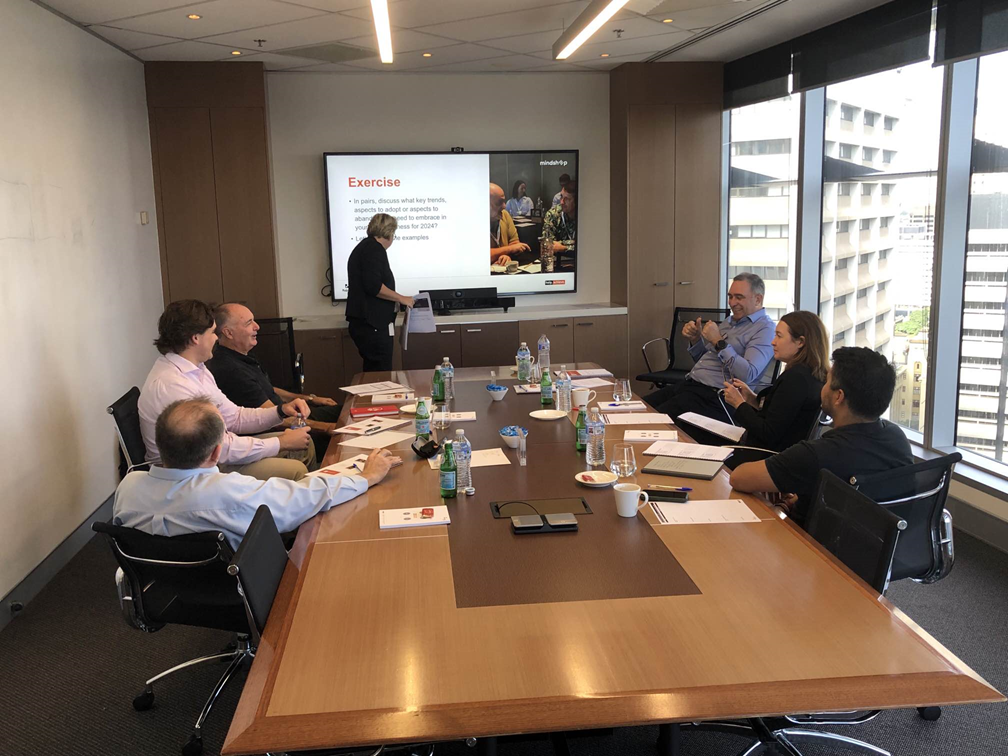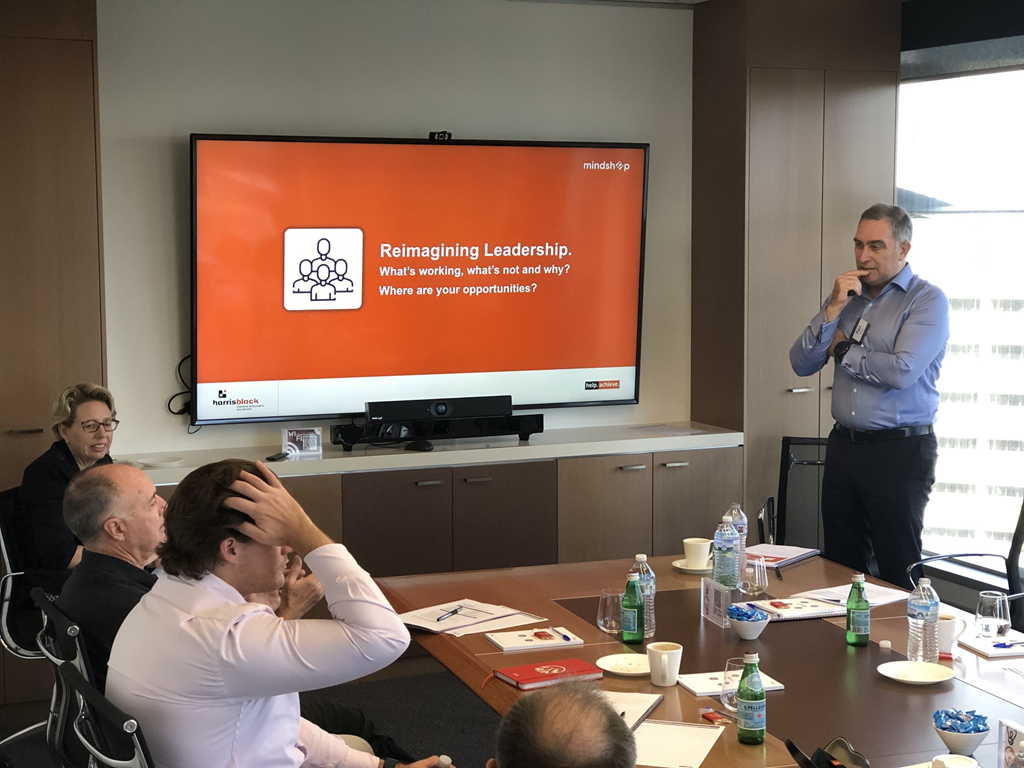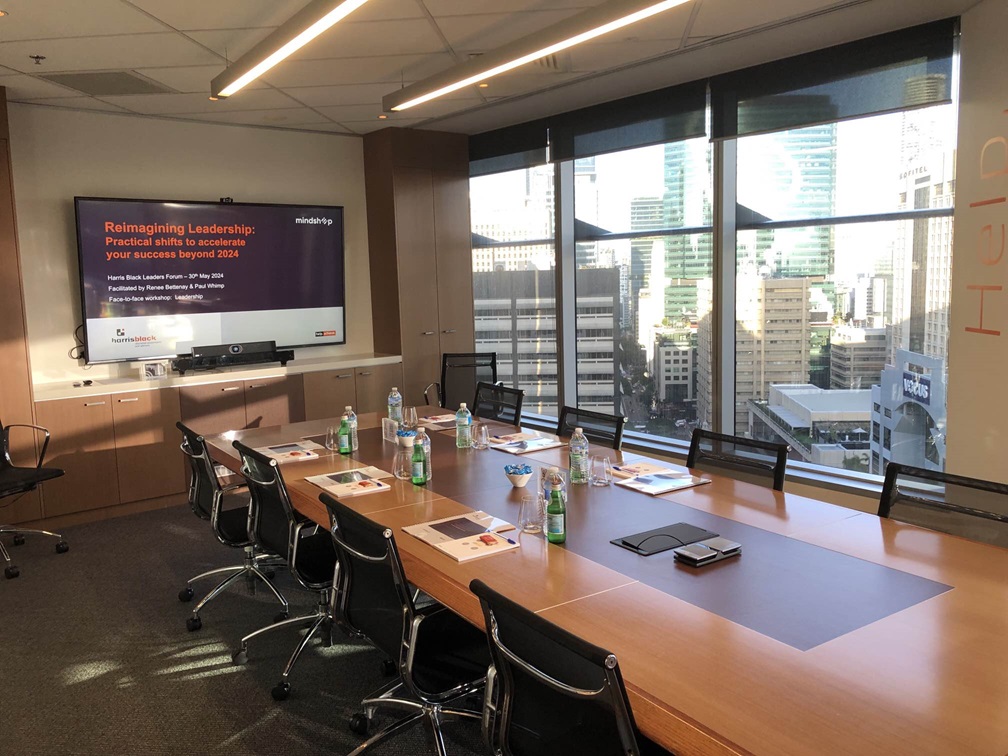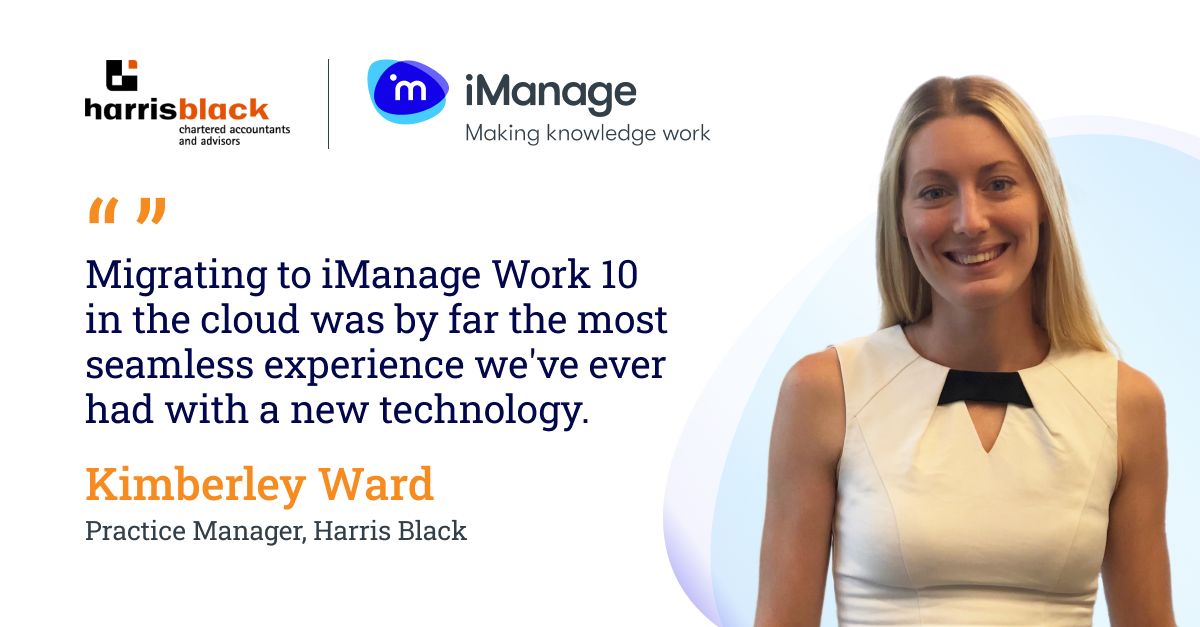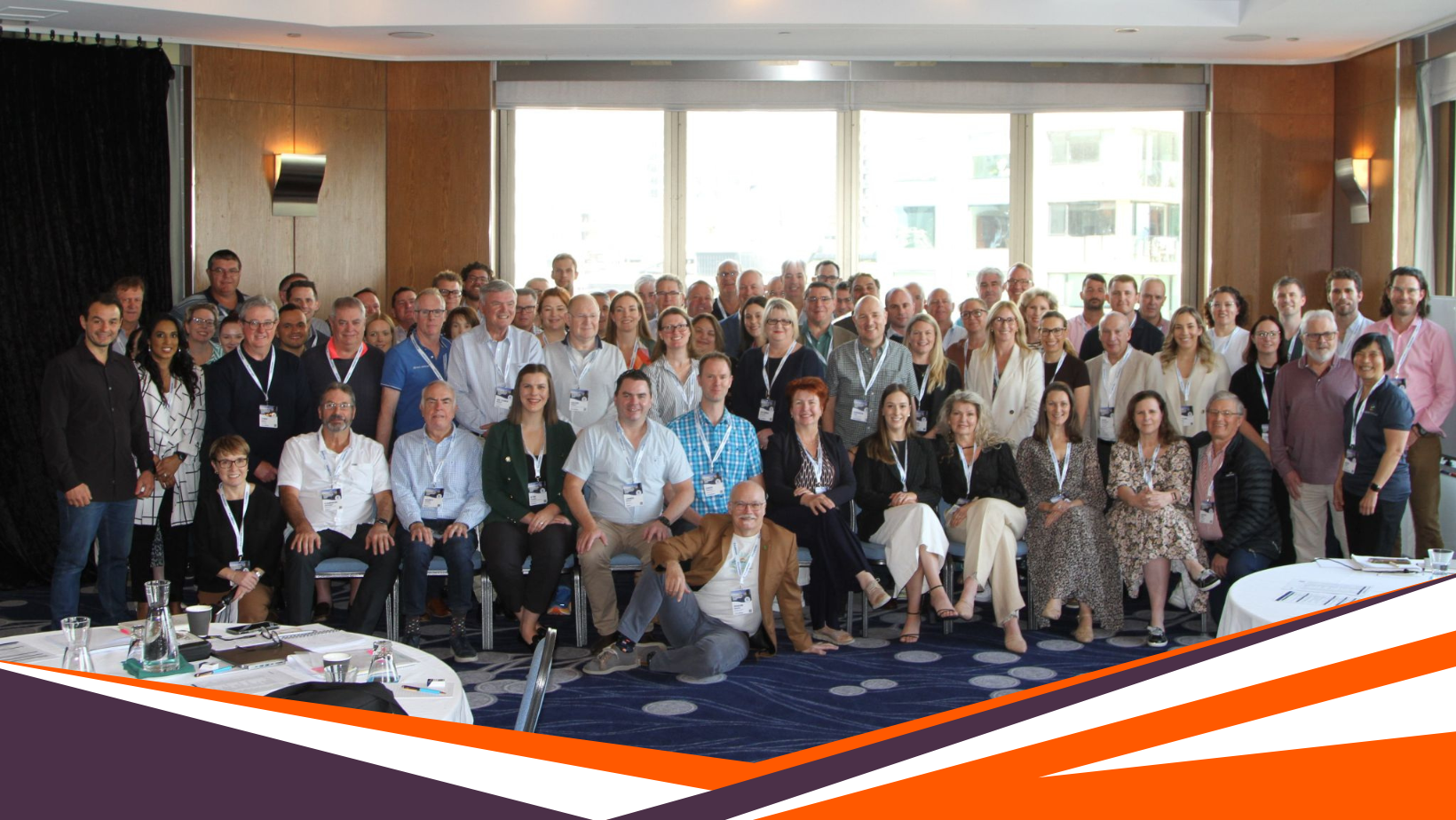The new financial year has started, and we are still having conversations with business owners regarding some of these changes. As a reminder, we have included the following changes to ensure you have not overlooked any:
Single Touch Payroll Finalisation
- Ensure your Single Touch Payroll (STP) finalisation declaration for 2023-24 is correct and has been submitted to the ATO.
- STP finalisation declarations should be made immediately if not already done (extensions can apply for closely held employees).
- Include Reportable Fringe Benefits Amounts (RFBA) for employees of more than $2,000 in STP finalisation.
- Employees will be able to access their Income Statement through their MyGov Account after STP finalisation is complete.
Superannuation Guarantee Rate Increase from 11% to 11.5% effective 1 July 2024
If any wages were paid on or after 1 July 2024 (even if pay period related to pre-30 June 2024) – 11.5% rate applies
June 2024 Quarter Superannuation – due 28 July 2024.
Taxable Payments Annual Report (TPAR) – due 28 August 2024
Ensure you have correctly classified your employee or contractor employment relationships.
Annual Payroll Tax Reconciliation
NSW due 28 July 2024
VIC/QLD/WA/TAS due 22 July 2024
SA due 29 July 2024
If you have any questions, please contact your Harris Black team member.





